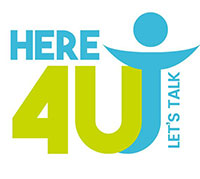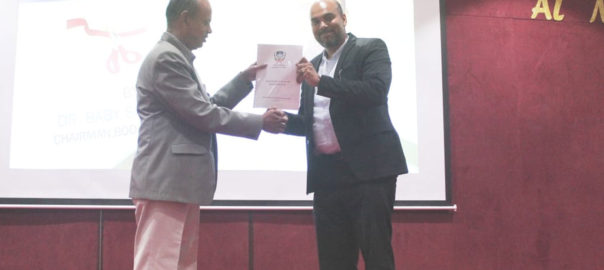 In a significant move aimed at ensuring a stress-free academic environment, the Board of Directors of Indian Schools in Oman has launched a round-the-clock tele-counselling service for all students and teachers of Indian Schools across the Sultanate. The hotline counselling service, developed in response to the rising emotional and psychological challenges prevalent in society, reflects the Board’s focus on ensuring the dignity and diversity of all students, and can be availed by parents of students as well.
In a significant move aimed at ensuring a stress-free academic environment, the Board of Directors of Indian Schools in Oman has launched a round-the-clock tele-counselling service for all students and teachers of Indian Schools across the Sultanate. The hotline counselling service, developed in response to the rising emotional and psychological challenges prevalent in society, reflects the Board’s focus on ensuring the dignity and diversity of all students, and can be availed by parents of students as well.
The initiative strives to offer free, confidential and non-judgmental support to students in despair due to personal or academic concerns. It also aims to meet the unique needs of each student irrespective of age, gender, socio-economic status or culture. A team of qualified counsellors with expertise in tele-counselling has been put in charge of promoting and protecting the wellbeing of every person who makes a call for advice and help.
Outlining the significance of the initiative, Dr. Baby Sam Saamuel, Chairman, Board of Directors, Indian Schools in Oman said, “Our school counselors have a lot more to offer when it comes to the emotional health of our children. Under this programme, they go the extra mile in supporting the students, reflecting their dedication to their profession and children. The Board and our schools are proud to get this counseling hotline running, which will ensure that at any point of time all day, throughout the year, relevant help and a listening ear is just a call away for our children. This is now more critical than ever as children seem to be not able to cope with the kind of pressure they undergo. At the same time, we would like to reiterate that this is not a one-stop solution but rather a first step towards getting the right help.”
Children and adolescents with depression experience significant academic and social difficulties. Depressed children are more likely to be withdrawn and derive less enjoyment from their surroundings. They lack motivation and a small section of such students may even consider committing self-harm. Such negative thoughts are more likely when the student feels that nothing will help to improve the situation. Tele-counselling could rescue any child who is in desperate need of a patient hearing of their woes.
The helpline is for the students and faculty members of the Indian Schools in Oman. Parents can also have access to the line, but only in relation to the problems of their wards studying in Indian Schools. The professionally trained and experienced counsellors of Indian Schools have taken it as a challenge to commit themselves to providing this inclusive service to students and teachers alike, a communiqué from the Board noted.
The Board hopes that the noble initiative of the Board will be a source of consolation and comfort to the students who are under stress and feel that they have no one to rely on in times of desperation.

